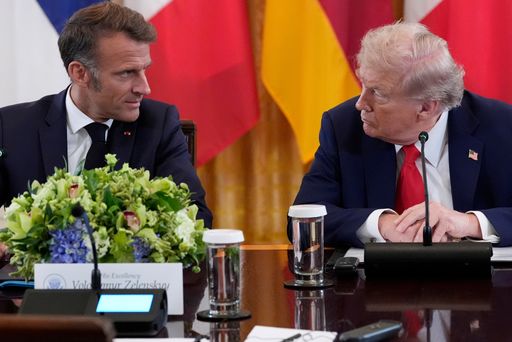Three physicists — Briton John Clarke, Frenchman Michel Devoret, and American John Martinis — were awarded the 2025 Nobel Prize in Physics on Tuesday for experiments that turned abstract quantum theory into practical reality.
The Royal Swedish Academy of Sciences said the trio was honoured “for the discovery of macroscopic quantum mechanical tunnelling and energy quantisation in an electric circuit.” Their work revealed that quantum effects can be observed not only in single particles but also in systems large enough to hold in one’s hand.
Turning quantum theory into tangible science
Quantum mechanics governs how particles behave on unimaginably small scales — where objects can exist in two states at once or “tunnel” through barriers. In the 1980s, Clarke, Devoret, and Martinis demonstrated that these peculiar effects could also occur in superconducting circuits, showing that the strange laws of quantum physics could shape real-world technology.
Their experiments laid the groundwork for modern quantum computing, cryptography, and ultra-sensitive sensors.
“It’s wonderful to celebrate how century-old quantum mechanics continues to surprise us,” said Olle Eriksson, chair of the Nobel Committee for Physics. “It’s also enormously useful — the foundation of all digital technology.”

Humble reactions from laureates
Speaking by phone during the announcement, Clarke, 83, said the prize came as “the surprise of my life.”
“It never occurred to me that this might be the basis of a Nobel Prize,” he said. “We were focused purely on the physics — not the enormous applications that followed.”
Clarke is a professor at the University of California, Berkeley, while Devoret, 72, and Martinis, 67, both teach at the University of California, Santa Barbara.

Nobel week continues
The physics prize follows Monday’s award in medicine to a US-Japanese trio for discoveries in immunology. The chemistry, literature, and peace prizes will be announced later this week, culminating with the economics prize on October 14.
Each Nobel includes a gold medal, diploma, and $1.2 million, presented by Sweden’s King Carl XVI Gustaf on December 10, the anniversary of Alfred Nobel’s death.




















